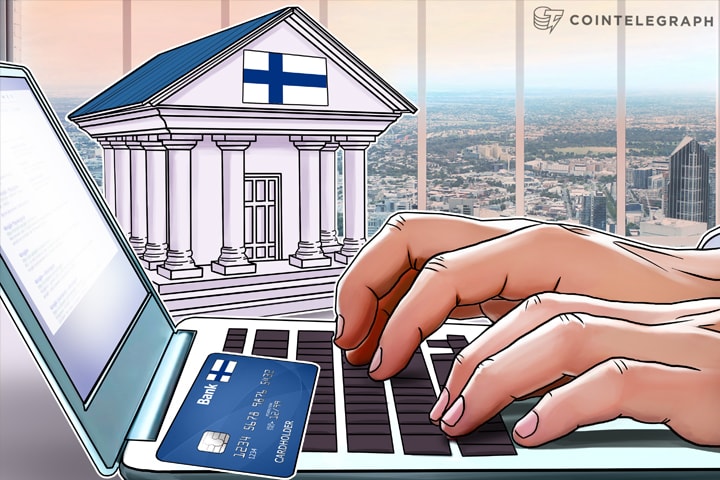Finnish law will enable citizens from any EU state to open a dinosaur bank account in Finland from Jan. 1, but information-sharing could mean this is a mixed blessing.
The change brings the country in line with EU directives aimed at providing guaranteed banking services to all, with authorities arguing that such services have become essential.
“Access to a payment account has become a precondition for participating fully in the economic and social life of a modern society, given that the use of cash is rapidly decreasing,” a statement from the European Commission reads.
Cutting banks’ sizable fees
Local news publication Uutiset reports that consumers had complained to Finnish watchdogs after being denied banking services and online banking codes due to “bad credit histories” or holding a refugee ID.
The law will make such refusal grounds illegal, and also aims to stop banks profiting from online banking setups.
Like Estonia across the water, Finland has gone a considerable way to integrating state services, such as public health, so that digital authentication is used for access to a citizen’s personal data.
Currently, this is done using online banking codes, but authorities pay “a surprisingly sizable fee” to banks every time a consumer uses one.
“More and more public services now require digital authentication to access their online services. This raises the question of who is responsible for paying the service costs,” Juha Pantzar, CEO of Finland’s Guarantee Foundation, explained. “Using a photo ID only requires a one-time payment to obtain the card or passport, while the use of bank access codes incurs a surprisingly sizable fee each time they are used.”
A way out for consumer privacy
According to the Guarantee Foundation, the solution is the Finnish TUPAS system. Developed by the Federation of Finnish Financial Services, it “relies on a selection of passwords, chip cards or fingerprints to verify people’s identities.”
However, the volume of personal information required to be handed over just to obtain basic banking services could be more trouble than it’s worth. A cross-EU framework means cross-EU information sharing, and while those with non-EU passports may still face problems, this may be a good place to consider alternatives.
As the strength of both Bitcoin as a currency and its accompanying consumer services ecosystem solidifies, there are more alternatives than ever before for anyone to use, regardless of status or nationality.
Finland is also home to a thriving Bitcoin scene, with November’s Slush event specifically highlighting Blockchain as a crucial figure in the future of FinTech.
